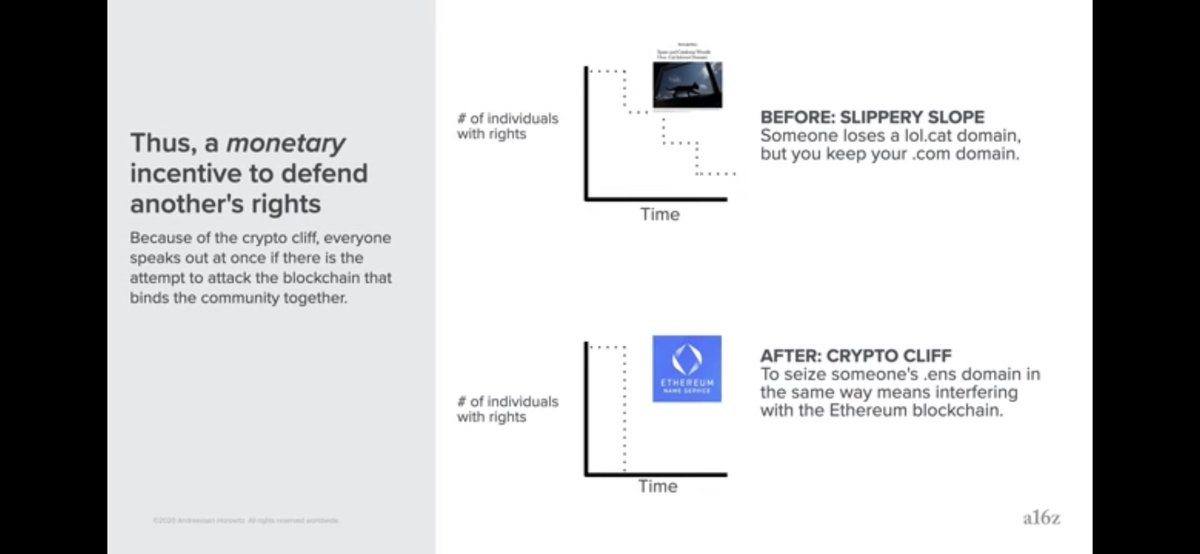
Communist Capital: you must submit.
Woke Capital: you must sympathize.
Crypto Capital: you must be sovereign.
Woke Capital: you must sympathize.
Crypto Capital: you must be sovereign.
https://twitter.com/nic__carter/status/1403008305031749642
As the rising third power in the world, India has the potential to be the center of a new Aligned Movement — an upgrade to the Non-Aligned Movement that aligns every neutral country behind Bitcoin and decentralized crypto protocols. balajis.com/add-crypto-to-…
Crucially, Crypto Capital isn't anti-American or anti-Chinese for that matter.
There are Woke Americans & Crypto Americans, Crypto Chinese & Communist Chinese.
The Crypto American is much closer to the average Chinese hodler than to Warren, Trump, or Xi Jinping.
There are Woke Americans & Crypto Americans, Crypto Chinese & Communist Chinese.
The Crypto American is much closer to the average Chinese hodler than to Warren, Trump, or Xi Jinping.
Crypto Capital is internationalist and capitalist. It's a broad coalition, a big tent, which aligns people around the world behind rule-of-code and the sound money of BTC.
That's why it will win against the nationalist socialism of Communist Capital & Woke Capital respectively.
That's why it will win against the nationalist socialism of Communist Capital & Woke Capital respectively.
• • •
Missing some Tweet in this thread? You can try to
force a refresh








